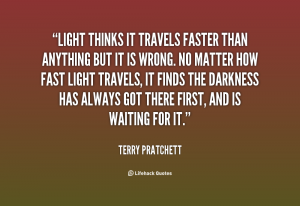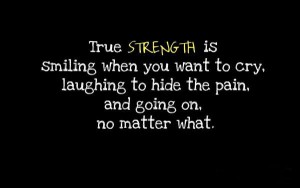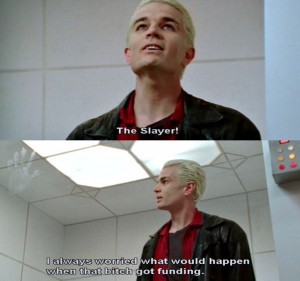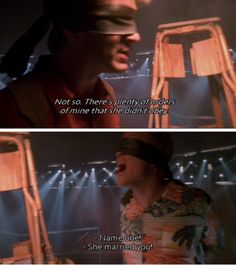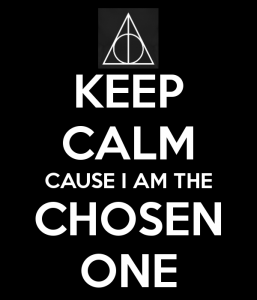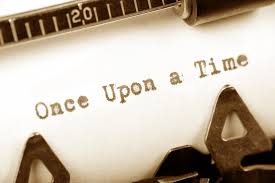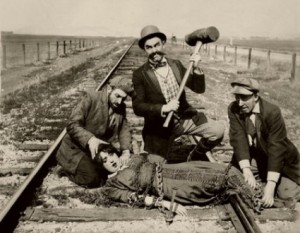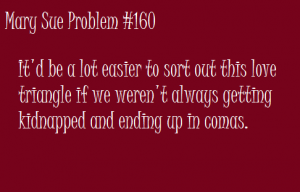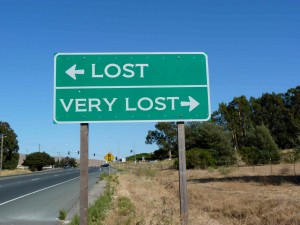I have decided to start a new series of blog post where I would try to share with you some of the authors who had a significant impact on how I perceive the world. Some of them you will probably have heard of or even read, but others might be a discovery.
I want to do this because as authors, we don’t just read books for fun – we usually try to learn something from each and every one of them, even if it is not to make the mistakes that particular author made. But some authors go even further than that. Some authors touch something deep inside us. Their work resonates with something in our hearts and minds and ends up changing us.
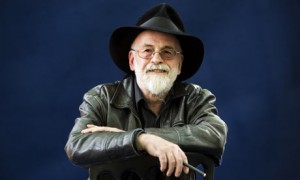
For me, Terry Pratchett is one such author. I stumbled into his books during a rather bleak period of my life and I can say with absolute certainty that his dry humor pulled me out of some dark places. There were days when reading about the fantastical world of Discworld was the only bright spot in my day.
But this is not the only reason I love Terry Pratchett books so much. Yes, they made me laugh out loud sometimes and just chuckle most of the time, but underneath all that humor and sometimes ridiculous premises, they imparted some very insightful grains of wisdom that made me pause and think… then change the way I see the world.
So now I want to introduce my readers to this wonderful author who, sadly, has left us in March. He has led a long and interesting life, as his Wiki page would tell you, and left a legacy of over 60 books. All of them are good and all will make you laugh or cry, but always teach you something. You can look at his Amazon page for the list.
Most of Terry Pratchett books take place on Discworld – a world that is literally a flat disk riding on four elephants standing on a great turtle who travels through space in search of a mate. Legends say that when that happens, the world will end, though debates abound on that subject, the main point of contention being whether the turtle is male or female. So of course, the rules of physics don’t really apply in this weird world. Rules of magic do instead, when they feel like it, that is…
And this is the first lesson Sir Terry Pratchett taught me as a writer – no matter how fantastical your world is or how ridiculous the rules are, once you have explained them, you have to STICK with them till the end. Because everything that happens on Discworld makes perfect sense in the limits of that world’s logic. Always.
Another big lesson I learned is that characters are paramount, and creating memorable characters is essential to a good story. Now my immersion into the universe of Discworld didn’t start with book one (though I came back and read it eventually). The very first book I read was Guards! Guards! And to me the series about the City Watch of Ankh-Morpork will always remain my favorite. Because it introduced me to some wonderfully broken, twisted, but also noble characters, one of which is a 6 foot tall adopted dwarf named Carrot, who might or might not be the long lost Heir of Ankh-Morpork defunct ruling dynasty. It also introduced me to Captain Sam Vimes, a jaded, bitter, tired guard who had seen everything bad and dark that his city can throw at him but who still LOVES it and will do anything to protect it and its citizens.
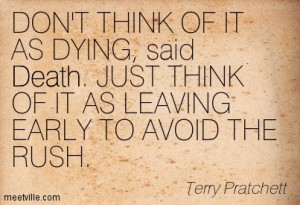
This is also the series that gave us Men at Arms, in which the city of Ankh-Morpork introduced the Equal Species Act and wonderful characters like Angua the werewolf, Detritus the Troll and Cuddy the Dwarf joined the motley crew.
And if following a bunch of guards who try to fight crime in the most dangerous city of the world is not really your cup of tea, I would recommend reading The Wee Free Men. This book shows us that becoming a witch doesn’t involved going to a fancy magical school and waving a wand around for 7 years. A real witch has to have the common sense to see that something is wrong and the courage to do something about it. A real witch says, “This is my town, those are my people, and I will NOT let you harm them.”
No matter where you start your acquaintance with Discworld, Terry Pratchett books are guaranteed to make you laugh, make you feel better about your life and your day and teach you a thing or two in the process.

